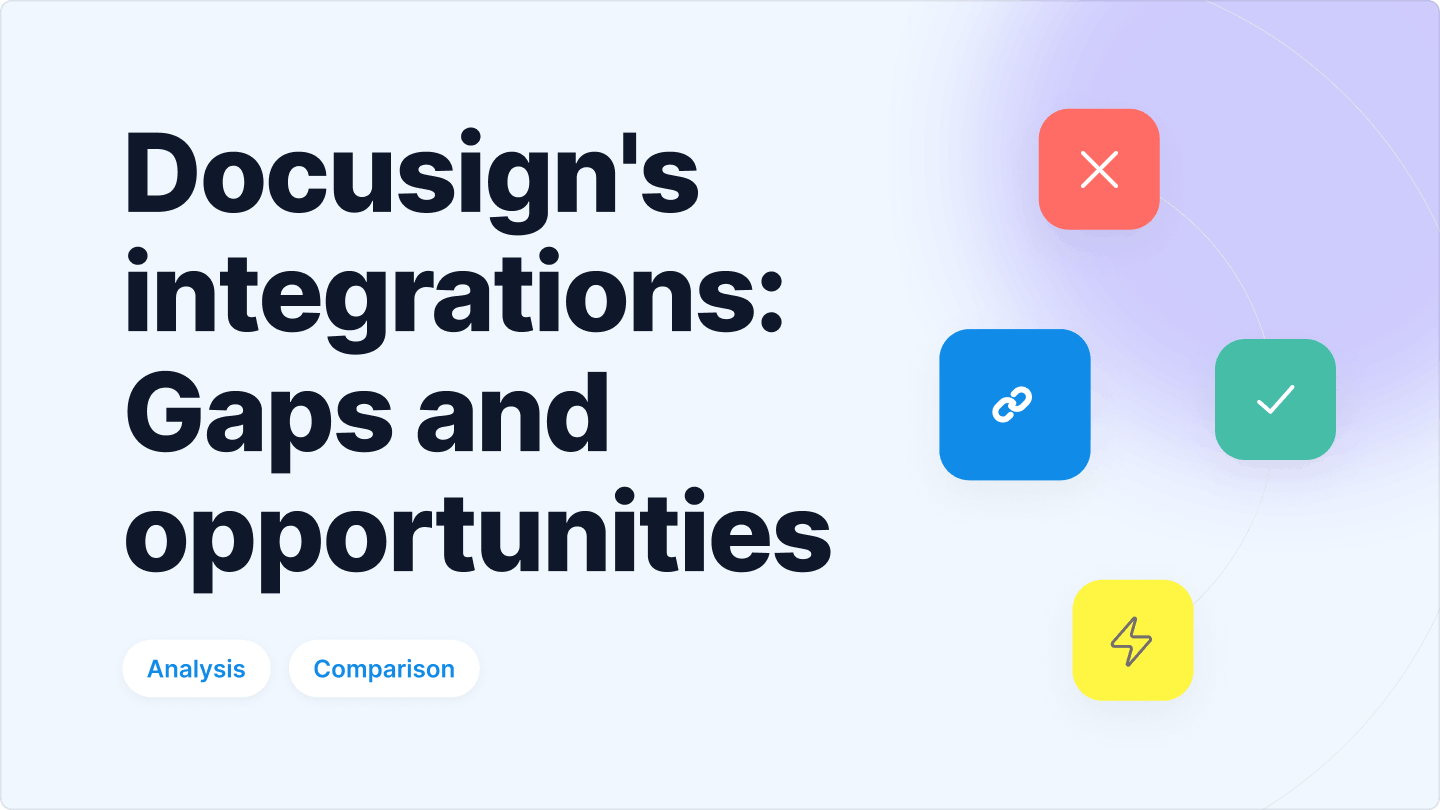An eMandate is a digital authorization given by a payer to a payee to initiate recurring payments. It enables automated transactions without the need for physical paperwork or signatures. The payer provides their consent electronically, typically through a secure online platform or application.
For example, if a customer has to make a regular monthly payment, for instance, a rent or electricity bill, the eMandate makes the payment automatically without the customer having to visit the physical location or manually initiate the payment each time it is due.
The eMandate contains the necessary payment details and frequency instructions, allowing the payee to initiate recurring payments directly from the payer’s account, streamlining the payment process.
How do eMandates work?
The eMandate process begins with the business seeking approval from customers to deduct a specified amount from their bank account repeatedly in exchange for products or services.
The next step involves verifying the customer’s bank details using third-party authentication.
Once the authentication is completed, the company submits the mandate to appropriate financial institutions for validation.
Finally, the customer’s mandate is confirmed and activated, allowing for automatic debiting of the agreed payment amount from their account.
Different types of eMandates
- Automated Clearing House (ACH): This mandate is commonly used in the USA for processing recurring financial transactions such as subscription services, utility bills, loan repayments, and insurance premiums.
- Card authorization: This eMandate authorizes a payee to charge the payer’s credit or debit card for recurring payments. It is commonly used for subscriptions, memberships, and online services.
- Electronic check authorization: It authorizes a payee to process electronic checks (e-checks) for recurring payments. It allows the payee to debit funds from the payer’s checking account electronically.
Advantages of using E-Mandates
- Convenience: eMandates eliminate the need for physical paperwork and manual signatures, allowing payers to provide authorization digitally, saving time and effort.
- Efficiency: eMandates streamline payment processes by automating recurring transactions, reducing manual intervention, and minimizing errors associated with traditional methods.
- Security: eMandates uses secure online platforms or applications to capture and store authorization information, ensuring the confidentiality and integrity of sensitive financial data.
- Flexibility: eMandates offer customization options, allowing payers to set payment frequencies, amounts, and specific dates according to their preferences and financial obligations.
- Improved cash flow: With eMandates, payees can rely on timely and predictable payments, leading to improved cash flow management and better financial planning.
Legal Framework for eMandates
The specific legal requirements for eMandate can vary depending on jurisdiction and the applicable laws and regulations. However, here is a general overview of the common legal consideration for eMandate.
Legal requirements for eMandates
The consent of the customer or account holder is essential for an eMandate, and it must be obtained in an informed and unambiguous manner to ensure an understanding of the terms, conditions, and implications of granting such a mandate.
The eMandate must comply with the applicable legal framework, including adherence to relevant consumer protection laws, electronic signature regulations, and payment system rules, to ensure its validity and enforceability.
Compliance with data protection regulations
Compliance with data protection and privacy laws is crucial when it comes to eMandate, which involves the collection, storage, and processing of personal and financial information.
Service providers must handle customer data securely and adhere to fundamental data protection principles.
To ensure the utmost security, it is essential to implement robust authentication measures that effectively verify the identity of customers and protect against unauthorized access.
Role of Payment Service Providers (PSPs) in eMandates
PSPs act as intermediaries, providing the necessary infrastructure, technology, and expertise to enable secure and efficient eMandate transactions. They facilitate the entire payment lifecycle, from authorization to settlement, ensuring a smooth and reliable experience for all stakeholders involved.
Their role encompasses various aspects of the eMandate process, including:
- Authorization and validation: PSPs provide the infrastructure and technology to capture and validate payer authorizations for eMandates. They ensure the necessary consent and authentication measures are in place to authenticate the payer’s identity and validate the mandate.
- Payment gateway integration: PSPs integrate eMandate functionality into their payment gateways, allowing merchants and businesses to securely initiate and process recurring payments from the payer’s bank account or card.
- Payment processing: PSPs handle the transactional aspects of eMandates, enabling the seamless transfer of funds between the payer’s account and the payee’s account. They ensure the secure and reliable processing of payments according to the authorized mandate.
- Compliance and security: PSPs adhere to regulatory requirements and industry standards to ensure the security and compliance of eMandate transactions. They employ encryption, fraud prevention measures, and robust security protocols to safeguard sensitive financial information.
- Settlement and reporting: PSPs handle the settlement of funds between payers and payees, ensuring timely and accurate funds transfer. They also provide reporting and reconciliation tools to track and manage eMandate transactions for both parties.
Use cases for eMandates
- Lending industry: The lending industry has embraced eMandates, allowing borrowers to have their loan payments automatically deducted on a designated day each month. eMandates in the lending sector have revolutionized money movement and significantly reduced operational expenses for both lenders and borrowers.
- Telecommunication companies: They now offer eMandate options, enabling customers to establish automatic payment arrangements for their mobile phone plans, internet services, cable subscriptions, and more. With eMandates, telecommunication companies ensure uninterrupted services for their customers by avoiding service interruptions caused by missed payment deadlines.
- Subscription-based services: Services like streaming platforms, gyms, and book subscriptions have integrated eMandate systems, providing users with the convenience of automated payments. Users can enjoy their favorite services hassle-free as eMandates handle recurring subscription payments.
- Utility bill payment: eMandates have simplified utility bill payments, making it easier for individuals to settle expenses such as rent, electricity bills, and water charges. By opting for eMandates, individuals can avoid the inconvenience of manual payments and ensure timely settlements of their utility bills.
Setting up eMandates
To set up an eMandate in the US, follow these general steps:
- Choose a Payment Service Provider (PSP) or platform that supports eMandate functionality.
- Register and create an account with the chosen PSP or platform.
- Provide the required information, including your personal or business details, banking information, and any necessary supporting documents.
- Set up your eMandate preferences, such as payment frequency, amount, and designated dates.
- Authenticate your identity through the verification process required by the PSP or platform, which may involve providing identification documents or undergoing identity verification checks.
- Review and accept the terms and conditions related to the eMandate service.
- Once your account and eMandate are set up and verified, you can initiate recurring payments or authorize payees to initiate automated debits from your bank account or card. For added convenience, some platforms allow users to sign PDF online as part of the authorization process, further streamlining digital document management.
Factors to consider before using eMandates
- Security: Evaluate the security measures and protocols implemented by the eMandate service provider to protect your sensitive financial information. Ensure they adhere to industry standards and encryption protocols to maintain data confidentiality.
- Authorization control: Understand your control level over authorizing and managing eMandates. Verify if you can easily modify or cancel eMandates as per your requirements.
- Payment flexibility: Determine if the eMandate solution supports various payment methods, such as bank account debits, credit cards, or other payment instruments, based on your preferences and needs.
- Compatibility: Check if the eMandate service integrates seamlessly with your existing payment systems or software. Compatibility ensures smooth implementation and avoids potential disruptions to your payment processes.
- Legal and Compliance requirements: Ensure the eMandate solution complies with relevant laws and regulations, such as data protection, privacy, and consumer rights. Consider any legal implications associated with the use of eMandates in your jurisdiction.
- Customer support: Assess the availability and quality of customer support provided by the eMandate service provider. Prompt and reliable support can be crucial in addressing any issues or inquiries related to your eMandate transactions.
- Cost considerations: Evaluate the pricing structure and fees associated with using eMandates. Compare different providers to ensure the cost aligns with the value and features offered.
Best practices for implementing eMandates
By following these best practices, businesses can implement eMandates in a customer-centric, compliant, and secure manner, ensuring a smooth and reliable experience for both businesses and customers.
- Timely and accurate communication with customers regarding eMandates.
- Transparent terms and conditions clearly stated and easily accessible.
- Obtain explicit consent and authorization from customers.
- Implement robust security measures to protect customer data.
- Provide customer control and flexibility for modifying or canceling eMandates.
- Stay updated with relevant regulations and ensure compliance.
- Maintain robust record-keeping for documentation and audit purposes.
eSignatures and eMandates
E-Signature is a convenient and efficient method of electronically signing documents, eliminating the need for paper or wet ink signatures. When combined with eMandate, it streamlines various electronic processes, enhancing efficiency and convenience.
For instance, in the lending industry, eSignature plays a crucial role by enabling borrowers to sign loan agreements, promissory notes, and other financial documents electronically. Additionally, the eMandate solution complements eSignature by providing a secure and efficient way to establish and authorize recurring payments.
Conclusion
Modern customers value their time highly, prioritizing convenience and efficiency in their transactions. To remain competitive in this rapidly evolving landscape, businesses must cater to these preferences by offering a range of payment options. eSignature and eMandate can streamline workflow processes, enhance convenience, reduce costs, bolster security measures, and elevate the customer experience.




.webp)







